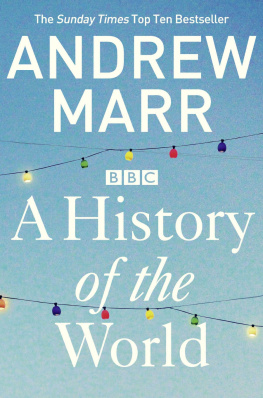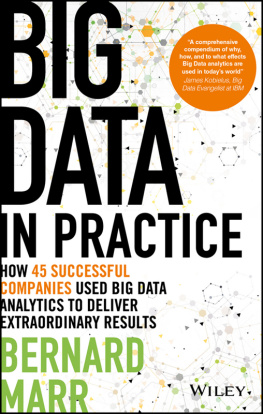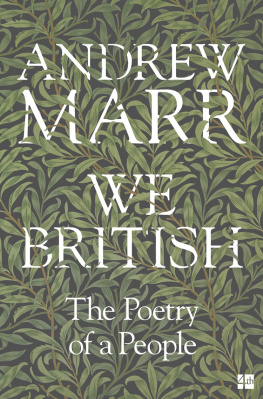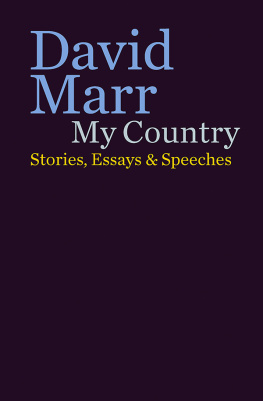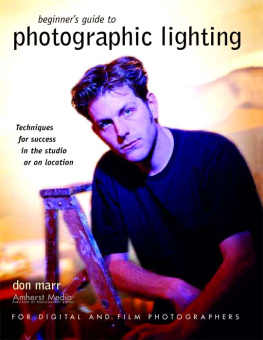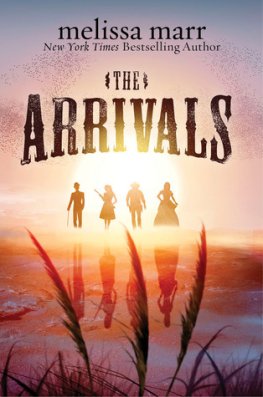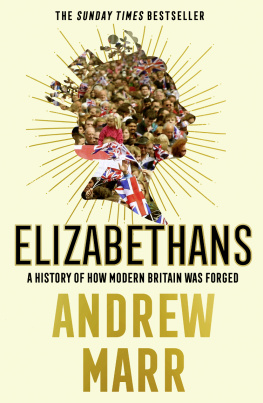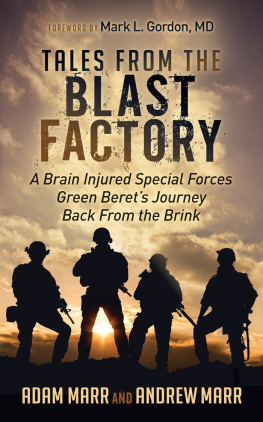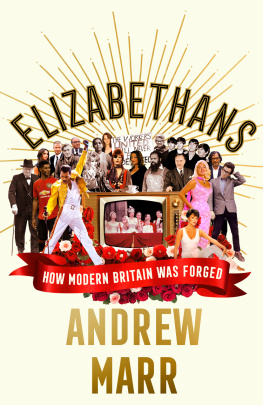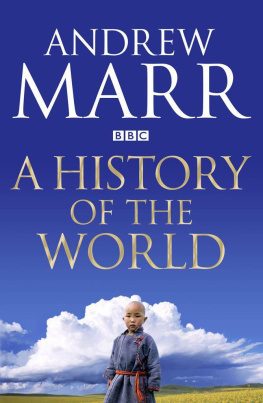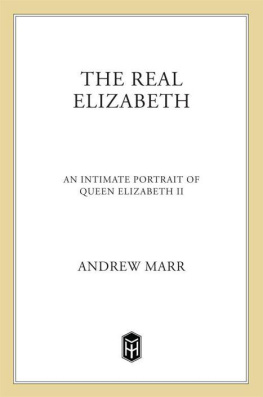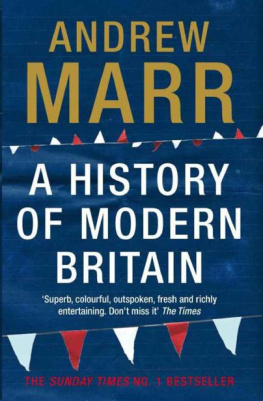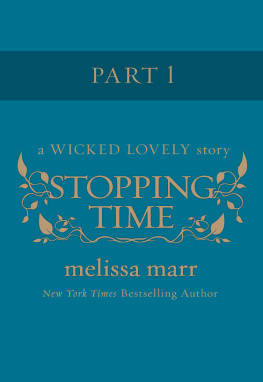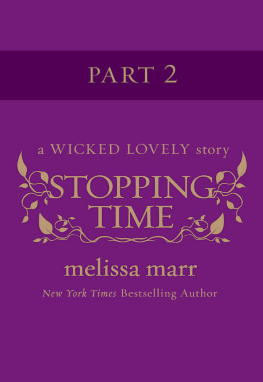
For Harry, Isabel and Emily

Acknowledgements
I would like to thank the following people. My long-suffering family, from my wife Jackie to my children Harry, Isabel and Emily, have put up with an abstracted, often absent apology for a human being for a long time. But this project has also meant I have been a less good friend to my friends; and so apologies to them too. I will now reform, and start drinking at lunchtime again.
This book would not have happened without the excellent Ed Victor, who has looked after me, and sometimes askance at me, for many years now; nor without the superb team at Macmillan, Jon Butler, Georgina Morley, Tania Wilde and Jacqueline Graham another relationship that has been sustained for years. Mary Greenham, who runs most of my life, struggled hard to stop me going insane. As to whether she succeeded, the verdict remains open. Among the many historians who have kindly given their advice, read parts of the manuscript or helped me find information, are Mary Beard, and the Open University team associated with the filming project. Kate Sleight did a wonderful job of combing out some of my particularly embarrassing errors, while Sue Phillpott was a superb copy-editor: in thanking both, I of course wish to underline that mistakes remaining are all my own work.
The project itself, beginning with the BBC, was the brainchild of Chris Granlund, friend and comrade, with whom I have now made twenty-two hours of documentary television. As before, I could not have worked at all effectively without the wonderful London Library. Though I do not use researchers for my writing, many of the BBC team contributed very useful thoughts, objections and advice and are mentioned below. The BBC team was led by Kathryn Taylor, who had to juggle documentary and drama, the latter filmed in South Africa. The director-producers who did the work in the field, and with whom I have spent many hours in jolting vans, airports, dodgy hotels and dusty locations, were Robin Dashwood, Guy Smith, Renny Bartlett, Neil Rawles and Mark Radice, who suffered from a horrible bike crash but is now on the mend. The man in charge of the camera, who spent many happy months telling me to move to my left, or back a bit, was Neil Harvey, who is the best director of photography in the business, and the sound genius was Simon Parmenter. Chris ODonnell was a particularly enthusiastic and shrewd member of the team, and I would also like to thank Alison Mills, Julie Wilkinson, Katherine Wooton and Michaela Goncalves for organizing one of the biggest projects that BBC documentaries have had to grapple with in many years.
Finally this book also depended on the friendly help of local historians and archaeologists, and our fixers in Russia, the Ukraine, Germany, France, the Netherlands, Switzerland, Spain, Italy, Greece, Turkey, Israel, Egypt, India, China, Mongolia, Australia, Japan, Mali, South Africa, Peru, Brazil, the United States and Shropshire.
Introduction
... what men have made, other men can understand.
Isaiah Berlin, quoting Giovanni Battista Vico
... history... is boredom interrupted by war.
Derek Walcott in The Bounty
Writing a history of the world is a ridiculous thing to do. The amount of information is too vast for any individual to absorb, the reading limitless and the likelihood of error immense. The only case for doing it, and for reading it, is that not having a sense of world history is even more ridiculous. Looking back can make us better at looking about us. The better we understand how rulers lose touch with reality, or why revolutions produce dictators more often than they produce happiness, or why some parts of the world are richer than others, the easier it is to understand our own times. The size of the subject brings obvious risks: dull abstraction on the one side; a bewildering hubbub of vivid tales on the other. I have selected subjects and moments, which seem to me usefully representative, and attempted to link them with a broader narrative. But I could have written another book with an almost entirely different selection; and no doubt another after that.
My overall theme is straightforward. In our ability to understand and shape the world around us, we humans have been a tumbling, bounding biological acceleration of skill and thinking, which has led to a recent acceleration in our numbers and our power. We now understand quite a lot about how life began on this planet, about the structure of what is around us, and the planets place in the cosmos. We are even beginning to explore our own self-consciousness, that bright star in the awakening of the world, as one philosopher has put it. Our population today is probably too large for the planet to sustain for very long though that depends on how we choose to live but our technical abilities give us at least a chance of getting through, just as we have survived other challenges. On the other hand, this technical and scientific brilliance has not been matched by much in politics to give us a similar sense of pride.
Imagine being able to summon up, and talk to, a peasant woman from Jesuss time, or an Aztec warrior. If you showed them your mobile phone, and tried to explain how it worked (assuming you know), you would have no chance of making them understand. A world of unfamiliar concepts would have to be described to them first almost a history books worth. But if you wanted to tell them about Stalin, or corrupt politicians, or the struggles between dictators and people in the Arab world today, they would get the picture immediately. We have made advances. Most places are far less violent than earlier societies. A world under the United Nations festers with poverty and splutters with wars, but it is better than a world of competing empires. Yet when it comes to our appetites, our anger, our relationship with power, there has been nothing like the advance we have seen in our scientific and technical culture. The more one knows about our early history as hunter-gatherers and our long history as farmers, and then about the dizzying acceleration of world trade and industry that has taken us into modern times, the less mysterious todays world seems. In the end, I hope most of what follows will make the reader think not only of long-dead empires and far-off places, but of the here and now.
History, meanwhile, keeps changing. This has been a golden age for history buffs, with fresh and detailed work in a vast number of fields pouring from the presses every year everything from histories of money to forgotten European realms, from comparisons between the Roman and Chinese empires to new insights into Stalin and the Second World War. Nobody could hope to read all of it, but this book has been fuelled by manic reading for years, across many different fields. I have confined the endnotes to essential reference points only because of the endless profusion of additional reading that would otherwise result; I calculate that around two thousand books, never mind pamphlets and journals, have been read for what follows.
I have also been hugely lucky to have made a series of eight films for the BBC on world history, a project which allowed me to visit around sixty sites, everywhere from the Peruvian deserts to the Ukraine. Seeing where things happened Tolstoys estate, or the workers village for Egypts Valley of the Kings does affect how one understands particular stories. Certainly, the television project has changed my own approach. Television storytelling insists on zooming in on
Next page
